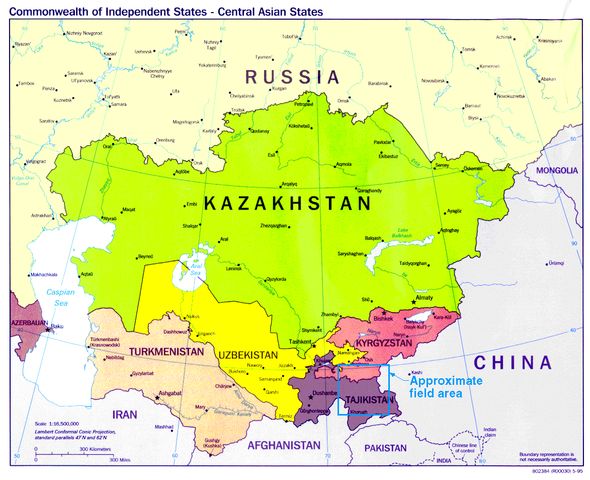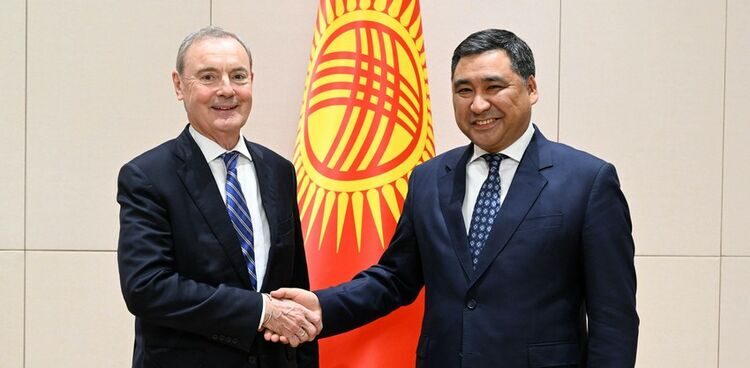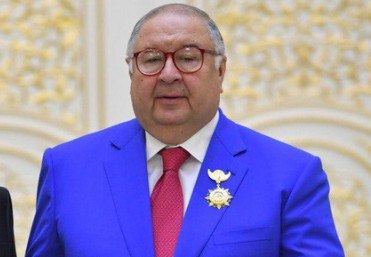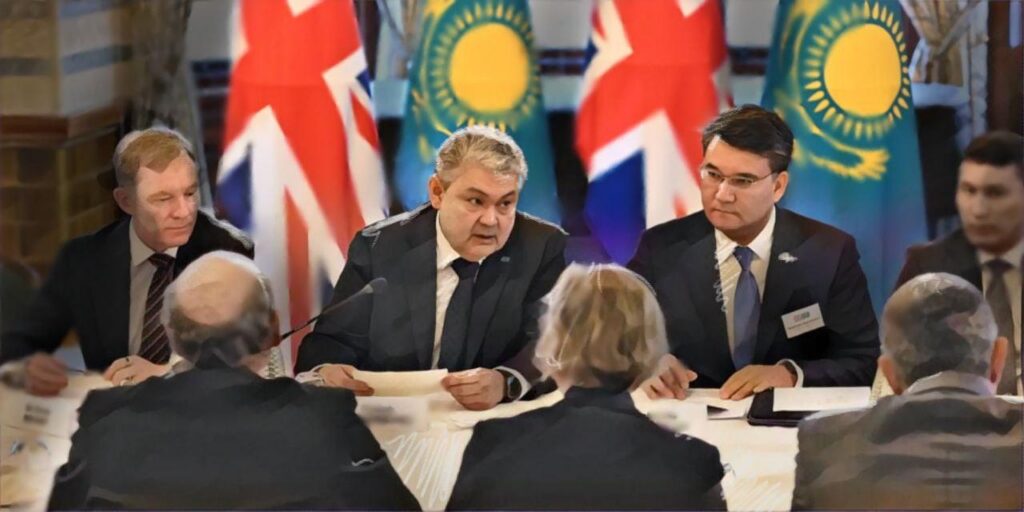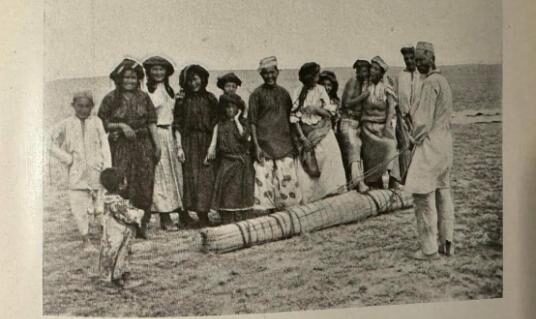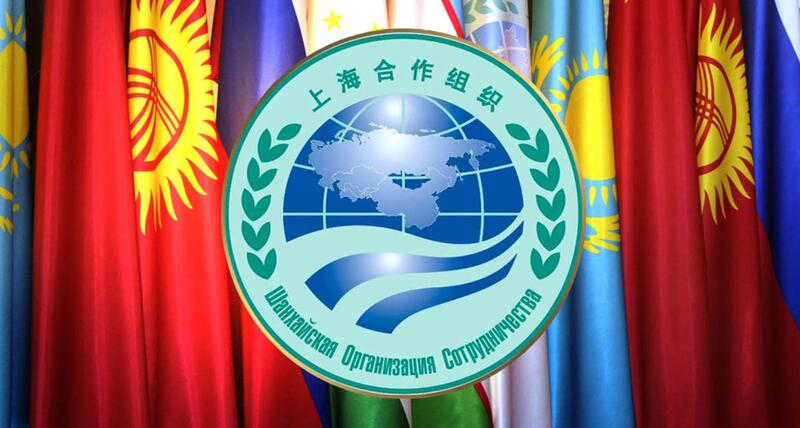BISHKEK (TCA) — Experiences and best practices of co-operation among regional organizations, particularly how to develop and strengthen synergies between the work and activities of the OSCE, the Shanghai Co-operation Organization (SCO) and the European Union (EU) in Central Asia, were the focus of a meeting in Vienna on July 10 of the OSCE Forum for Security Co-operation, under the Chairmanship of Tajikistan, the OSCE reported.
The meeting provided a platform for senior officials of the three regional organizations to share their views on possibilities for candid and constructive co-operation, as well as on shared commitments to strengthen fighting transnational and emerging threats, to foster early warning, to take action, and to explore opportunities for closer co-operation on operational issues, in a demonstration of what the UN Secretary-General has termed “network multilateralism”.
SCO Secretary General Vladimir Norov highlighted the already close co-operation between his organization and the OSCE, stating that five SCO Member States are OSCE participating States. He said the organizations should work together in the field of countering new challenges, threats and sustainable development not only in Central Asia and Afghanistan, but also in the vast Eurasian space. He added that his Organization was currently working on a draft concept for the establishment of an SCO Anti-Drug Centre in Dushanbe.
“The SCO is committed to promoting co-operation in building a new type of international relations, based on the principles and norms of international law, primarily justice, equality, mutually beneficial co-operation, and a common vision of creating a community with a shared future for humankind,” he said. “The SCO, acting as a guarantor of stability in Central Asia, is ready to work together with the European Union, the OSCE and other European international organizations, based on partnership and aimed at sustainable and stable development in the region. As a responsible participant in the modern system of international relations, our Organization will continue to strengthen its engagement in efforts to ensure the prosperity of the countries of Central Asia.”
OSCE Secretary General Thomas Greminger opened his presentation by noting that positive regional dynamics and greater openness to regional and international co-operation in Central Asia present new opportunities for engagement. Leveraging partnerships must be a centrepiece of regional organizations’ collective response to this encouraging trend, he said.
“From our side we stand ready to step up inter-institutional co-operation. I see potential in a number of areas, including countering terrorism, drugs and human trafficking, as well as promoting disaster risk reduction and economic and environmental security in Central Asia,” said Greminger. “There’s also a positive agenda we can build on. For instance, we can promote connectivity between our societies, economies and peoples. Often, we look to the United Nations to solve complex global problems and, as with the Sustainable Development Goals, the UN provides us with a useful global framework. But the truth is that regional organizations have a critical role to play in bridging global, national and local efforts.”
The EU Special Representative for Central Asia, Peter Burian of the European External Action Service (EEAS), recalled the recent 15th EU–Central Asian ministerial meeting in Bishkek, where the new EU Strategy on Central Asia was presented. The Strategy reconfirms the EU’s commitment to the security and stability of the region and its readiness to forge a stronger, modern and non-exclusive partnership with the countries of Central Asia so that the region develops as a sustainable, more resilient, secure, prosperous, and closely interconnected political and economic space, he said.
“We have fully recognized the strategic importance of Central Asia for regional and global security and stability in our new Strategy,” he said. “In implementing the Strategy, the EU will seek to work with other international organizations where such involvement would contribute to the general objectives of the EU and its Strategy. We believe that there is enough space in Central Asia for a positive co-operation of all based on internationally accepted standards and commitments, including principles of sustainable development that reflect and respect the needs and interests of our partners in Central Asia, whether it is economic viability or environmental sustainability of projects.”
